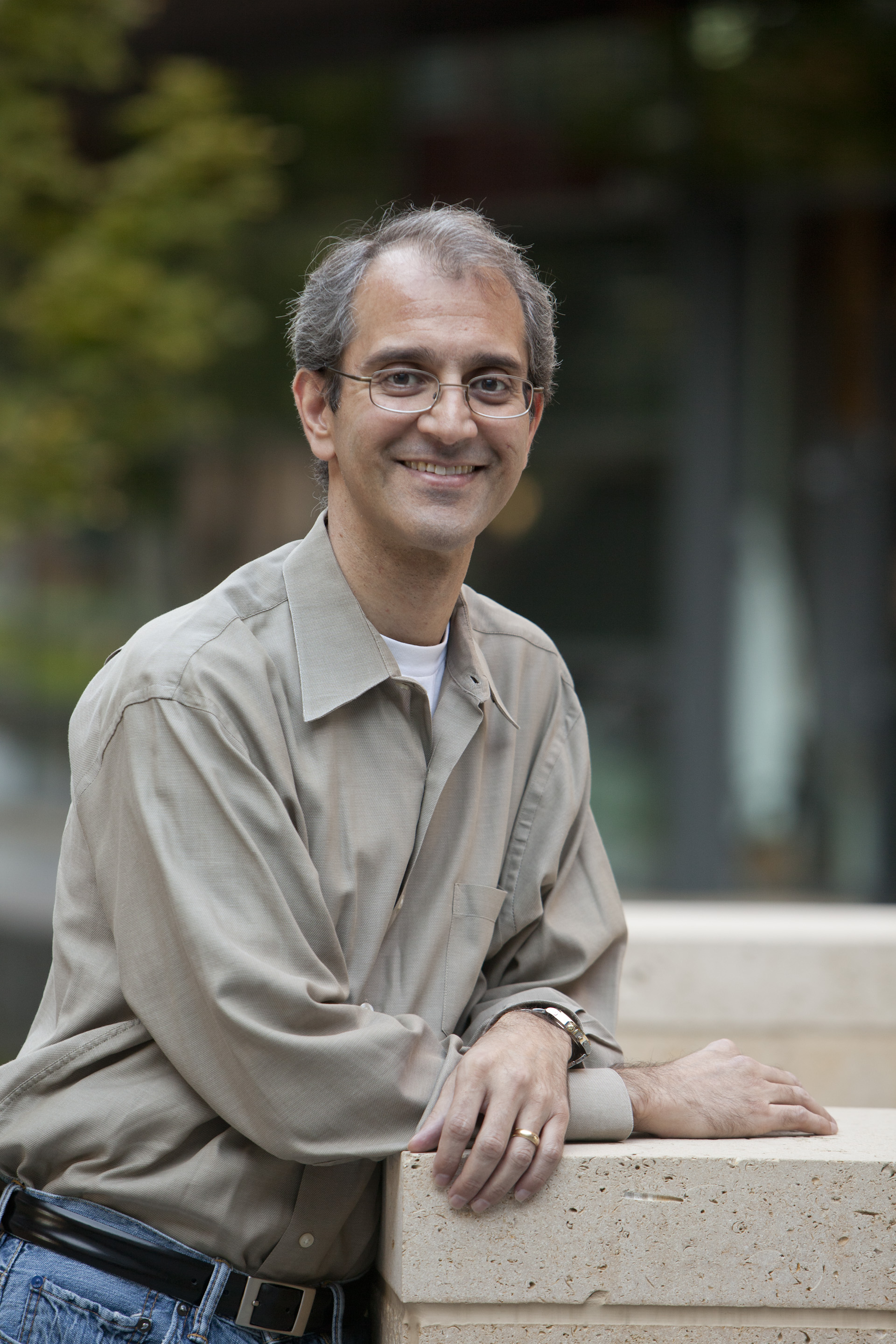
An Indian American electrical engineer from Stanford University “Krishna Shenoy” has developed a technique to make brain-controlled prostheses more precise. Shenoy has developed a precise brain controlled prostheses intended for people with paralysis and amyotrophic lateral sclerosis (ALS), also called Lou Gehrig’s disease.
Shenoy’s team tested a brain-controlled cursor meant to operate a virtual keyboard. This thought-controlled device developed by Krishna Shenoy and his team analyses the neuron sample and makes dozens of corrective adjustments to the estimate of the brain’s electrical pattern — all in the blink of an eye. The device provides the natural and intuitive control of readings taken directly from the brain, then using the mechanical system of eye tracking movement to direct the cursors.
“Brain-controlled prostheses will lead to a substantial improvement in quality of life,” Shenoy said.
The US Food and Drug Administration (FDA) has also given Shenoy’s team its nod to conduct a pilot clinical trial of their thought-controlled cursor on people with spinal cord injuries.
“The speed and accuracy demonstrated in this prosthesis results from years of basic neuroscience research and from combining these scientific discoveries with the principled design of mathematical control algorithms,” Shenoy added.
“This is a fundamentally new approach that can be further refined and optimised to give brain-controlled prostheses greater performance, and therefore greater clinical viability,” Shenoy noted.
When we type or perform other precise tasks, our brains and muscles usually work together effortlessly.
But when a neurological disease or spinal cord injury severs the connection between the brain and limbs, once-easy motions become difficult or impossible.
In recent years, researchers have sought to give people suffering from injury or disease some restored motor function by developing thought-controlled prostheses.
Such devices tap into the relevant regions of the brain, bypass damaged connections and deliver thought commands to devices such as virtual keypads.
The findings appeared in the journal Nature Communications.
About: Krishna V. Shenoy, PhD
Education & Training
Honors & Awards
More on : http://web.stanford.edu/~shenoy/ |





Be the first to comment